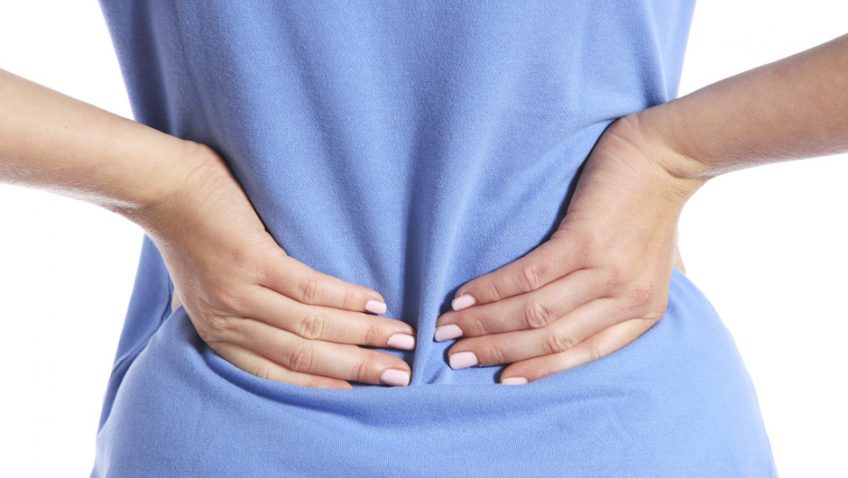Applying WD40, drinking your own urine and hanging off a doorframe are just some of strange ‘cures’ back pain sufferers have tried, according to members of the British Chiropractic Association (BCA).
The anecdotes, which also include patients rolling over sofa arms and believing their pain is worse when there’s a full moon, have been revealed as part of the campaign by the BCA to de-bunk myths about the causes and cures for back pain.
New research by the BCA also revealed that 50% of people believe you should always rest a bad back – increasing to 64% in 16-24 year olds – whereas moderate activity is usually the best idea. Additionally, over 40% believe back or neck pain is simply part of the ageing process when in fact lifestyle factors such as inactivity are more often to blame than old age. Furthermore, only one third of people are aware that simply keeping well hydrated can help prevent back pain.
Ahead of Back Care Awareness Week (2-8 October) the BCA is calling for greater awareness of the causes, preventive measures and best treatment for back pain.
Rishi Loatey, BCA chiropractor explains: “I see patients every week who share their strange stories about how they’ve tried to cure their back pain or why they think it they’re suffering in the first place and, while some of these may seem amusing, there is a really serious message here.
“If people don’t know enough about what causes back pain or how best to treat it they could not only delay their recovery but potentially aggravate their problem. 80 per cent of people will suffer from back pain at some point in their lives so it’s really concerning that so many people still don’t know enough about the best way to look after your back.”
To help you look after your back or neck health and posture, the British Chiropractic Association busts some of the common myths and misconceptions around back and neck pain:
Myths & misconceptions
- You should always rest a bad back: Moderate exercise is essential to build and maintain strength and flexibility in the spine, improving posture and protecting you from any further pain. While total rest may seem like a good way to recover, often continuing moderate physical activity will help in the long run. Your local chiropractor will be able to advise on what is right for you.
- Back or neck pain is simply part of the ageing process: While ageing can have an impact on your back health, back or neck pain can occur at any age. Maintaining good health into later years and being aware of how to preserve one of our body’s most important assets, the back, is important in allowing us to maintain activity levels. The BCA has advice on how to protect your back at any age.
- Back or neck pain is not common: Back and neck pain is very common, and statistics have shown that 80% of people will experience back pain at some point in their lives.
- The spine can be injured easily: The spine is actually one of the strongest parts of your body and is designed to be strong. Like any other part of your body though, taking good care of it is essential to allow it to do its job effectively for as long as possible.
- A slipped disc means a disc has slipped out of your spine: The discs are circular pads of connective tissue – cartilage – in between each vertebra in your back. These discs have an inner gel-like substance and a tough outer case. They help maintain your back’s flexibility and wide range of movement. A slipped disc means that one of the discs of cartilage in the spine is damaged and possibly extruding, irritating or pressing on the nerves. It can also be known as a prolapsed or herniated disc.
- Pain killers can cure back pain: Most back pain is ‘mechanical’ in nature so, even though painkillers can be helpful, some sort of mechanical, hands on treatment involving movement/ exercise is more likely to help manage the problem and reduce recurrence.
Actually true…
- Staying hydrated can help prevent back pain: Dehydration can exacerbate back or neck problems so it’s important to drink plenty of water. Staying hydrated is also important to prevent aching muscles.
The BCA recommends that if you experience pain for more than a few days you seek professional help as an undiagnosed problem could lead to longer-term problems if left untreated. To find out where your local chiropractor is, please visit www.chiropractic-uk.co.uk and use the Find a Chiropractor feature.
The BCA has also created a programme of 3-minute exercises, Straighten Up UK, which can be slotted in to your daily schedule to help improve posture and prevent back pain by promoting balance, strength and flexibility in the spine.





